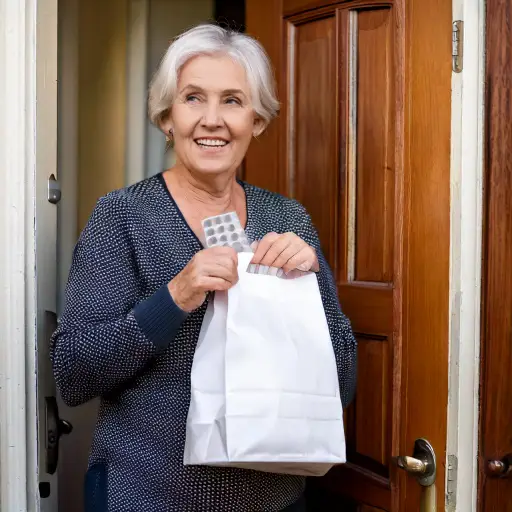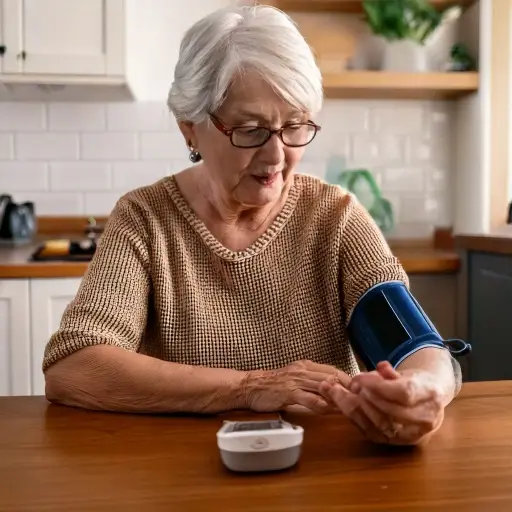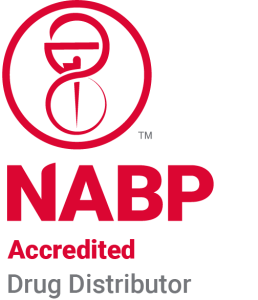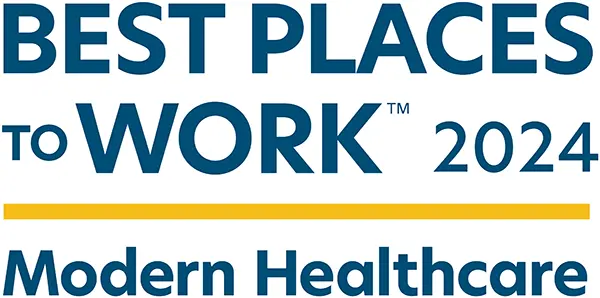Pharmacy Model Expansion: Pharmacy Home Care Edition
By Samantha Pomeroy, IPC Director of Pharmacy Services and Specialty Programs
I believe we can all agree that there is something incredibly comforting about healing at home. For many people with long-term health conditions, staying at home is not just a preference, it is a powerful choice and one we as independent pharmacies are well positioned to support.
I often hear pharmacies that I consult with speak about their aging patient population and ask me how they can gain patients for the future with a younger patient demographic. While this is important, there is a growing demand for care services for patients who want to age in place and manage chronic conditions in the comfort of their home. This growing demand, coupled with the lack of adequate solutions, has created a gap and more importantly an opportunity for independent pharmacies to evolve and expand their business model.
What Services Constitute Pharmacy Home Care?
Pharmacy home care refers to a range of pharmacy related services delivered directly to patients in their homes. It combines clinical pharmacy services with home healthcare. Let’s look at a few of these services:

- Medication Packaging and Labeling services can be custom tailored to fit patient needs while it supports medication adherence, safety, and ease of use for not only caregivers but patients managing their treatment at home.
- Home Delivery can range from routine prescription refills, delivery of specialty medications, over the counter medications, and medical supplies.
- Medication Therapy Management (MTM) is a patient centered service that includes medication reviews, reconciliation, adherence, identifying drug interactions, duplications, and then educating the patient as well as healthcare providers throughout the patients care.
- Clinical Assessment and Remote Monitoring services are becoming even more popular, and the success speaks for itself. These services involve coordinating with healthcare providers and providing a clinical assessment of the patient and their healthcare needs. This includes following care plans, remote monitoring of the patient’s condition using digital devices and applications to monitor the patient remotely, and tele pharmacy services for consultations and follow-up.

- In Home Vaccination services such as flu, COVID, pneumonia, and shingles are critical for patients who are immunocompromised and have mobility issues.
- Infusion Therapy includes intravenous medications like antibiotics, nutritional therapies, and pain management. This service includes delivering these medications and coordinating with nursing staff for administration at home.
- Wound and Medical Supply services include dispensing and delivering medical supplies such as dressings, ostomy care items, durable medical equipment and assisting with setup.
- Transition of Care services ensures patients thar are being discharged from hospitals and care facilities back into their homes have all their medications and supplies needed for continued care as well as understand how to use them.
These are just a few of the services that would constitute as Pharmacy Home Care branching into Long Term Care at Home and Medical at Home services. Referring to my earlier point that the business you are looking for could be right in front of you, it just needs to be reimagined.
Who Benefits from Pharmacy Home Care?
 Pharmacy home care benefits a wide range of patients, especially those who need extra support managing their medications or health conditions outside of a hospital or clinic setting.
Pharmacy home care benefits a wide range of patients, especially those who need extra support managing their medications or health conditions outside of a hospital or clinic setting.
- Seniors and Elderly Adults often take multiple medications, have mobility issues and difficulty getting to the pharmacy, and benefit from regular medication reminders, packaging, and delivery.
- Patients with Chronic Conditions such as diabetes, heart failure, COPD, and hypertension require long term medication and adherence to these medications is critical to avoid hospitalizations and complications. Pharmacists can monitor these patients’ condition and therapy and adjust when needed.
- Long Term Care Patients who traditionally might be in a LTC facility but have chosen to receive treatment, age in place, or simply want to remain independent in their home.
- Patients Recently Discharged from the Hospital that need transition of care support to reduce the risk of being readmitted. Many times, hospitalizations come with new medications and therapies that need to be followed correctly to make sure healing, and progress is going as it should.
- Patients Receiving Palliative or Hospice Care need coordination of care and compassionate medication support at home along with timely access to pain management and comfort focused medications.
- Patients in Rural or Underserved Areas who have limited access to nearby pharmacies or clinics and rely on home-based pharmacy services to bridge a gap in care.
Considering Expanding into Pharmacy Home Care?
 As you were reading the two sections above did you notice that perhaps you already provide some of these pharmacy home care services and take care of the patients described? I bet that you did. The question is are you getting paid appropriately for them and can you expand in these areas? I urge you to look at your patient population, the business potential in your area, evaluate these services, and see if you have a larger number of pharmacy home care patients than you realized. Could you become a Combo Pharmacy servicing both retail patients and long-term care applying for a long-term care NPI? Could you collaborate with a hospital in your community and offer transition of care services to their patients? Could you work with a local physician on a collaborative practice agreement to remotely monitor their patients’ chronic conditions? Could you create a direct-to-consumer program, partnering with a franchise company offering home care services? The possibilities and models are endless.
As you were reading the two sections above did you notice that perhaps you already provide some of these pharmacy home care services and take care of the patients described? I bet that you did. The question is are you getting paid appropriately for them and can you expand in these areas? I urge you to look at your patient population, the business potential in your area, evaluate these services, and see if you have a larger number of pharmacy home care patients than you realized. Could you become a Combo Pharmacy servicing both retail patients and long-term care applying for a long-term care NPI? Could you collaborate with a hospital in your community and offer transition of care services to their patients? Could you work with a local physician on a collaborative practice agreement to remotely monitor their patients’ chronic conditions? Could you create a direct-to-consumer program, partnering with a franchise company offering home care services? The possibilities and models are endless.
Pharmacy Home Care: Impact that Goes Beyond the Numbers
Pharmacy home care is a return to what pharmacy has always been at its very core: accessible, patient-centered care. The pharmacy is not just a dispenser of medications, but we are a partner in health.
Yes, pharmacy home care opens new revenue streams. Yes, it boosts patient retention and positions you for long term sustainability. But the true return on investment is in the stories that we all love.
The story of an elderly patient who can find comfort in their final days at home because of our help, the caregiver who feels supported and empowered, the patient with a chronic illness that finally understands their medication plan and can focus on living, that is the impact.
Interested in expanding pharmacy services into the home care space? I suggest you start with one small step: listen to the patients who already need you there.

Samantha Pomeroy
IPC Director of Pharmacy Services and Specialty Programs
Samantha Pomeroy is a pharmacy professional serving as the Director of Pharmacy Services for IPC. With a career spanning over 20 years working as a Certified Pharmacy Technician and Director of Operations, she brings a wealth of experience and expertise to her role. She tirelessly works alongside our members to identify and implement innovative business solutions that elevate their practice and enhance profitability. Her commitment to the success of community pharmacies is unwavering, and she finds fulfillment in providing personalized consultations to help businesses flourish.







 by
by